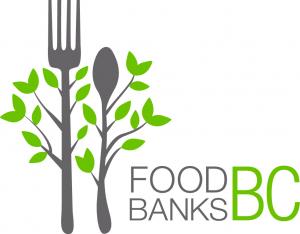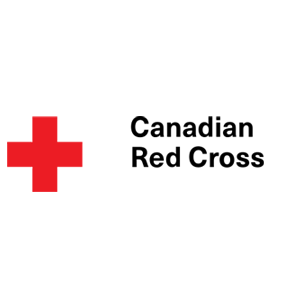Food Banks Alberta and BC Introduce First of its Kind Emergency Response Preparedness Training System
Food Banks Alberta and Food Banks BC Unite to help More Canadians Get Quick Access to Food and Essentials During Natural Disasters and the Pandemic
While the pandemic has undoubtedly become the catalyst for many community food banks to be ready to support a growing number of Canadians requiring food and everyday essentials, it is not the only reason why the two provincial associations united to create this portal for their members.
Natural disasters like floods or wildfires have hit both provinces hard in recent years. Prior to the pandemic, community food banks were working hard to respond to the growing number of natural disasters that are very taxing on the volunteers and staff working around the clock to support the people in their communities.
Arianna Scott, Interim CEO of Food Banks Alberta remembers helping the Wood Buffalo Food Bank in Fort McMurray during the 2016 wildfires, which forced a city-wide evacuation.
“Like thousands of homes and businesses in Fort McMurray, the local food bank was also devastated due to the wildfires,” said Scott. “In addition to having to implement their emergency response plan to support their community, they also had to respond to the fires and rebuild their facility, which created serious strain on their ability to be the support system to tens of thousands of people. Our goal with the ERP is to ensure all community food banks have safe and timely access to do their jobs quickly and safely for their respective communities.”
Dan Huang-Taylor, Executive Director of Food Banks BC sees this portal as an essential one-stop-shop solution that mitigates risk while creating a baseline of what Canadian provinces can and will do if and when natural disaster strikes.
With the financial support of the Canadian Red Cross, Food Banks Alberta and Food Banks BC are able to implement a consistent and universal plan giving their member food banks the tools and time they need to adopt and implement the plan at the local level.
Scott and Huang-Taylor both hope to see more provincial food banks adopt a similar ERP in their provinces.
“The platform and infrastructure is there for food banks to proactively prepare for any threat that may strike at any time,” says Scott. “Our goal is to create consistency in preparedness and response options, which will fundamentally allow us to improve how we support our communities and the people requiring immediate access to life-saving resources.”
The comprehensive online emergency preparedness portal was created in collaboration with ETHOS Career Management Group, a BC-based company specializing in online education and training. It was developed to help individual food banks plan for emergencies through training and documentation that can be accessed in response to a natural disaster or pandemic. With various means for people of any ability to access the tools and resources, it is the first scalable template of its kind that will enable food banks to mobilize efficiently and effectively.
For those unable to access the online portal, flash drive, hard copy documentation and DVD options are available. Should food bank staff and volunteers need to flee an unsafe situation, or should they no longer have access to the Internet, they have a way to take documentation and response resources with them to access when safe to do so.
“We are living in more uncertain times than ever before. This portal provides an extra layer of assurance to our member food banks, but is also an accessible and low-barrier method to communicate critical information across our networks safer and faster,” says Scott.
Food banks can be impacted for months, or even years, after a natural disaster or pandemic. Residents may feel the financial impact of the disaster at differing intervals, and it takes a much longer time to recover. Certain clients may require support from food banks for months or years after a disaster. This will better equip food banks to help for those short and long-term needs.
“Many of our members are operating on limited resources as they prioritize getting food and essentials to a growing number of clients in need of care and help right now because of the pandemic,” says Huang-Taylor. “We know they may also be affected by floods or fires, which will strain their resources further. We want to eliminate any uncertainty in how to respond so they can simply focus on a mobilized response.”
Many food banks (especially smaller or rural banks) do not have the ability to pay for the experts needed to create a comprehensive and robust plan and training opportunities such as this.
Food Banks Alberta and Food Banks BC are proud to be able to bring this level of expertise and insight to their members and would like to thank the Canadian Red Cross and Ethos for their support to develop something so significant that will enhance how food banks respond to emergencies.
-30-
Natalie Harper
Harper Public Relations, Inc.
+1 780-909-2281
email us here
Legal Disclaimer:
EIN Presswire provides this news content "as is" without warranty of any kind. We do not accept any responsibility or liability for the accuracy, content, images, videos, licenses, completeness, legality, or reliability of the information contained in this article. If you have any complaints or copyright issues related to this article, kindly contact the author above.



